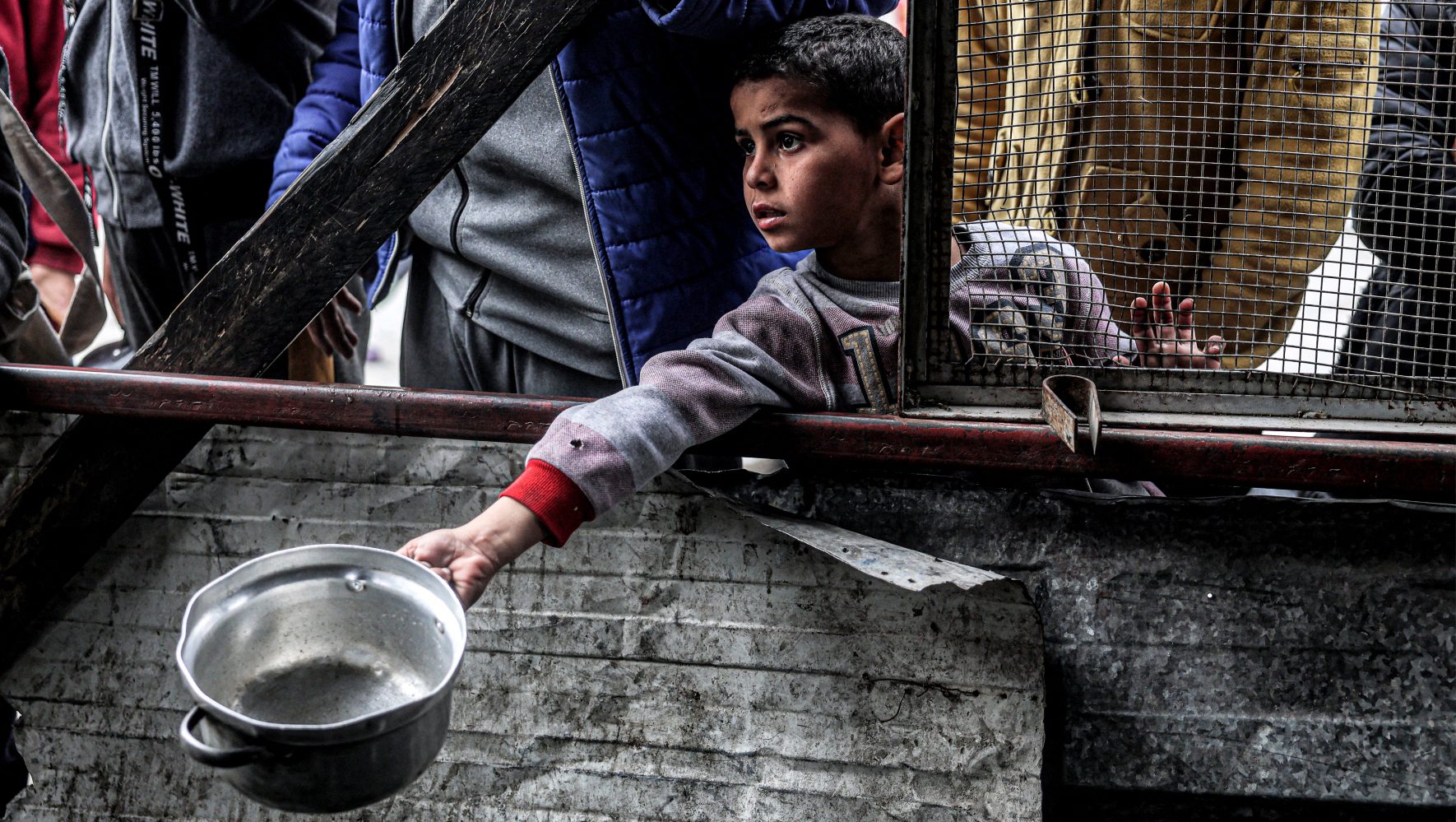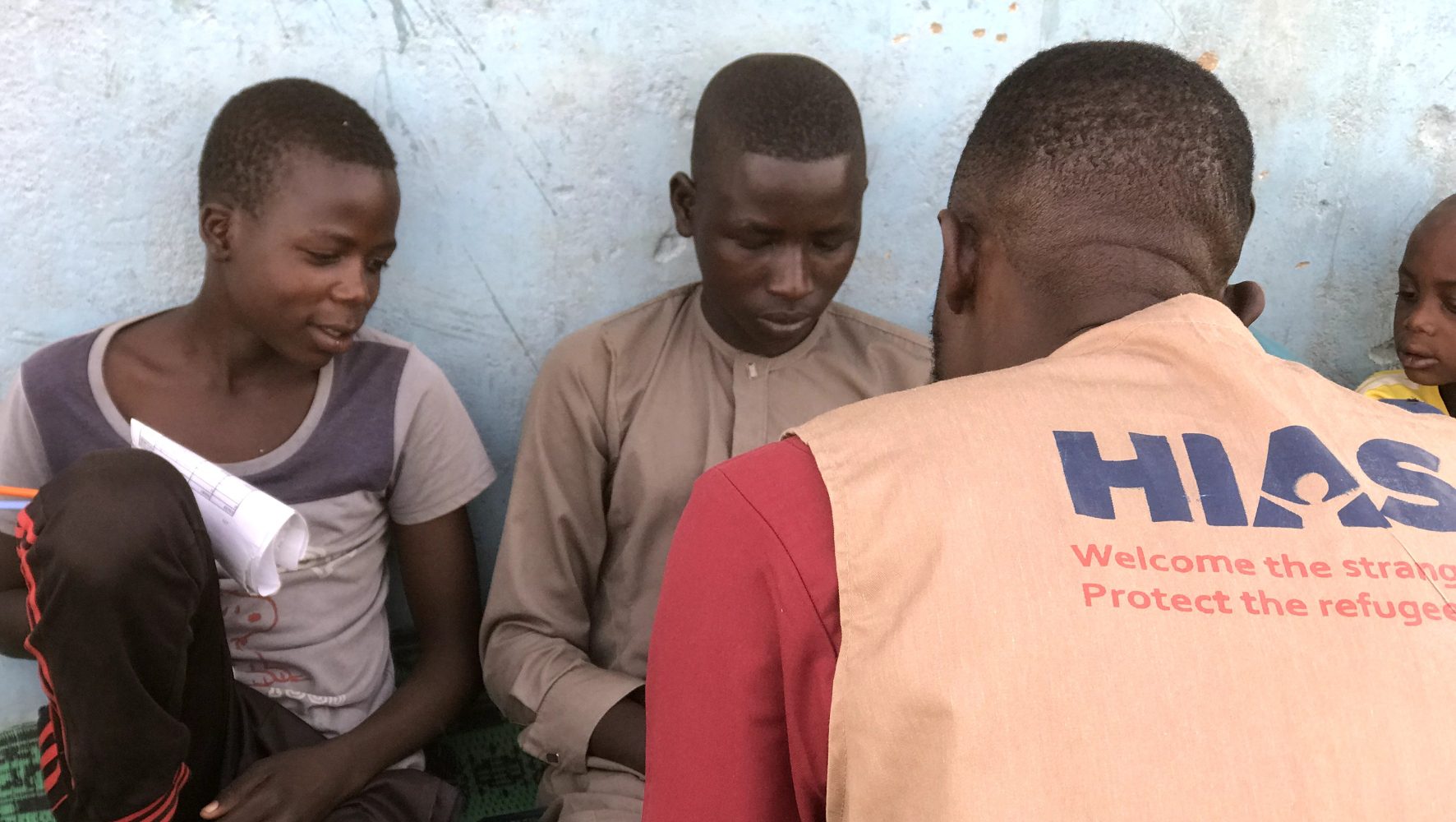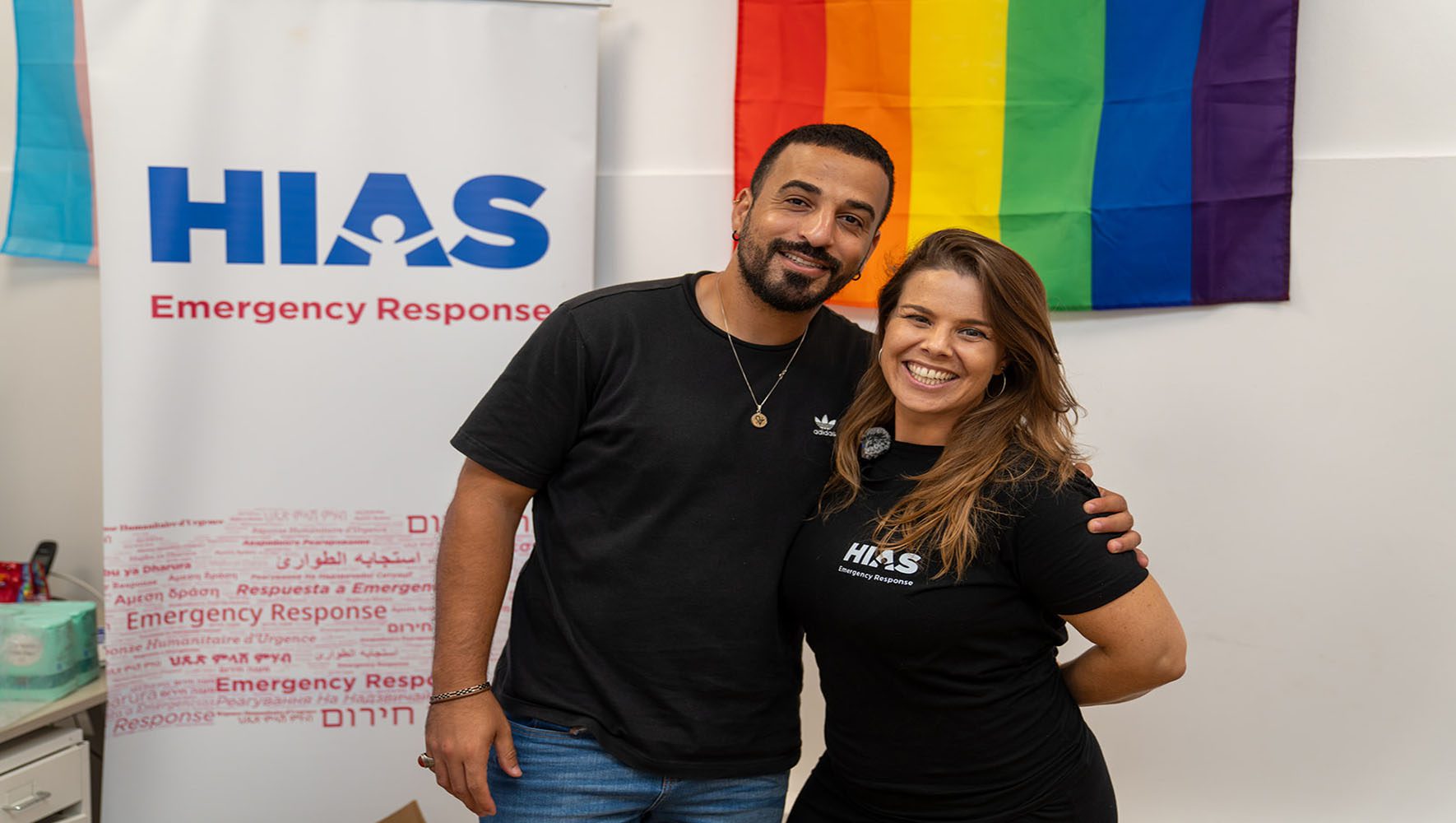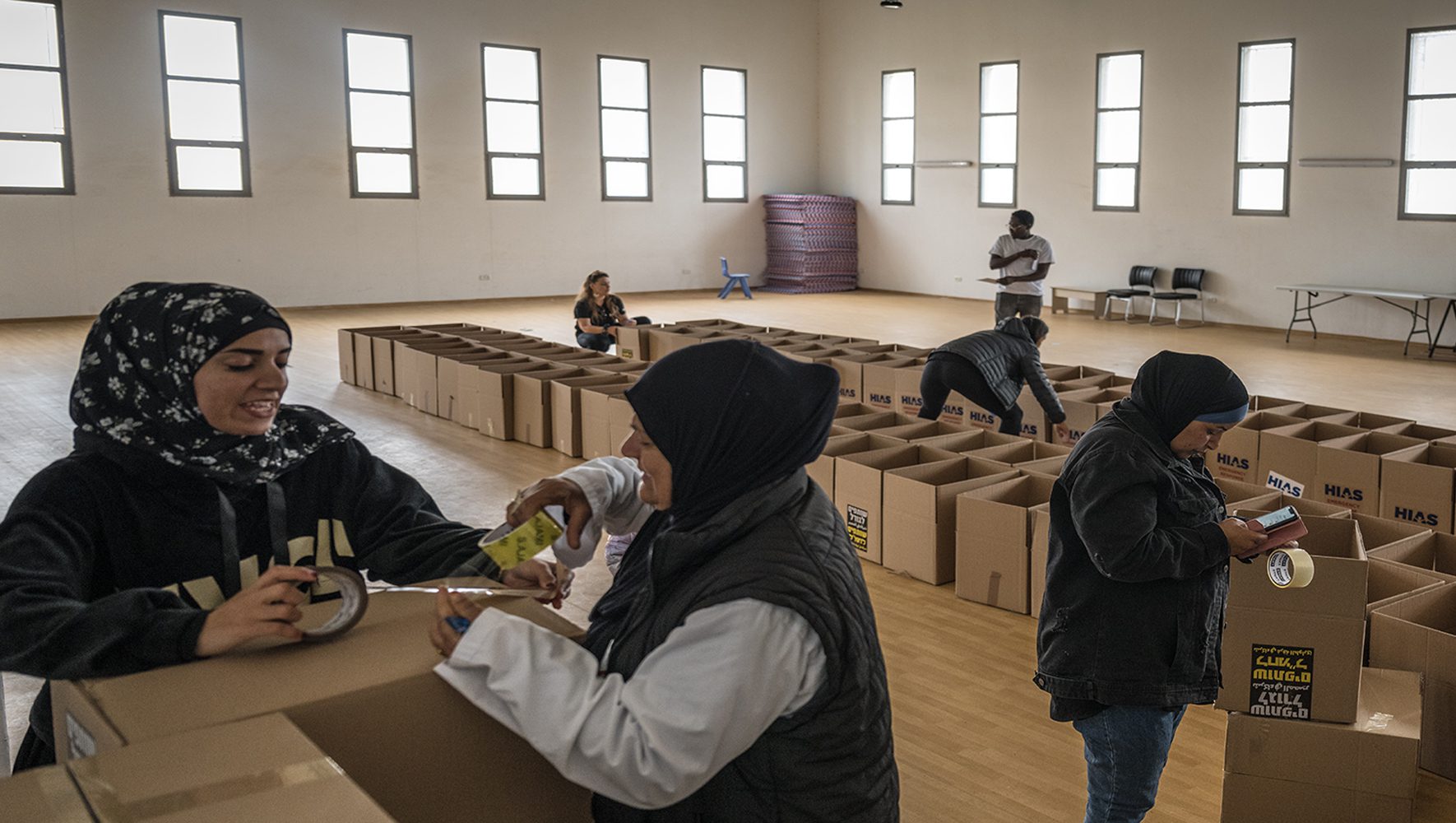
In January, HIAS shared warnings that without concerted humanitarian and political action, famine in Gaza was around the corner. Today, that warning is no longer a risk — it is reality: Starvation has already begun to claim its first victims. As always, these victims are the most vulnerable: the youngest, the oldest, the sickest. Every day, the death toll continues to mount as civilians in Gaza are denied food and other basic human necessities. At the same time, the brutal captivity of 134 hostages in Gaza continues, while hundreds of thousands remain unable to return home, and the entire country struggles to process its collective trauma after the horrors of October 7. This sobering reality demands the indignation and outcry of every person of conscience.
Since October 7, there have been two displacement crises: one in Israel, and one in Gaza. In both cases, civilians have been uprooted from their homes, traumatized by violence, and unsure whether they will be able to return. And in both cases, the polarization and politics of the war has led many to feel that sympathy or concern from the rest of the world has been insufficient.
The hundreds of thousands of people displaced in Israel have received a massive collective response from Israeli society, including from organizations like HIAS, which has provided support to 236,000 displaced and otherwise affected people within Israel with a focus on the most vulnerable. Although significant needs remain among those whose lives were shattered on October 7, the basic needs of civilians in Israel are largely able to be met. Tragically, the same cannot be said for the nearly 1.8 million Palestinians who are displaced in Gaza, both because of the near complete destruction of physical infrastructure and the blockages on aid that continue to be imposed. When aid has arrived, there have been multiple instances of Palestinians being killed while waiting in line to receive it.
This sobering reality demands the indignation and outcry of every person of conscience.
War unleashes suffering. But for thousands of years, laws inspired by the moral affirmation of human value have mitigated that suffering — from the Torah’s ethical constraints in warfare to modern international humanitarian law. One common thread is that regardless of the actions of the enemy, warring parties must distinguish between soldiers and civilians. The latter must not be a target, and their suffering cannot be ignored.
Proverbs teaches us that “if your enemy is hungry, give him bread to eat; If he is thirsty, give him water to drink.” If Jewish tradition demands this even for our enemies, we are ever more called to aid the civilians suffering from hunger and thirst regardless of who controls the territory where they live.
With civilians in Gaza requiring upwards of 500 trucks per day of aid to meet their basic needs, the handful of airdrops organized by the U.S., Germany, France, and other countries are simply insufficient to meet the extraordinary level of need. The trucks are ready, packed with food and medicine, and sitting in long lines in Egypt for the clearance to enter Gaza. And the aid workers are ready too — prepared to distribute the assistance once it arrives despite the extreme risks to their own lives. As people of conscience, we call upon governments and the international community to do all they can to ensure this lifesaving assistance can reach those in need rather than merely trickle in aid via a process that borders on performative. We demand this as wholeheartedly as we demand the unconditional release of the 134 hostages.
One common thread is that regardless of the actions of the enemy, warring parties must distinguish between soldiers and civilians. The latter must not be a target, and their suffering cannot be ignored.
The principle that people have the right not to fear for their lives because of who they are inspired HIAS’ founding more than a century ago and guides us still today. That is why we support displaced people around the world: not because they are Jewish, but because we are a Jewish organization. And because we recognize that our tradition dictates that our conscience cannot be selective — even and especially in war.
As people of conscience, we must exercise the moral expansiveness to declare that the prolonged and preventable harming of civilians in war is inexcusable regardless of their national identity.
Their humanity demands it. So does ours.



